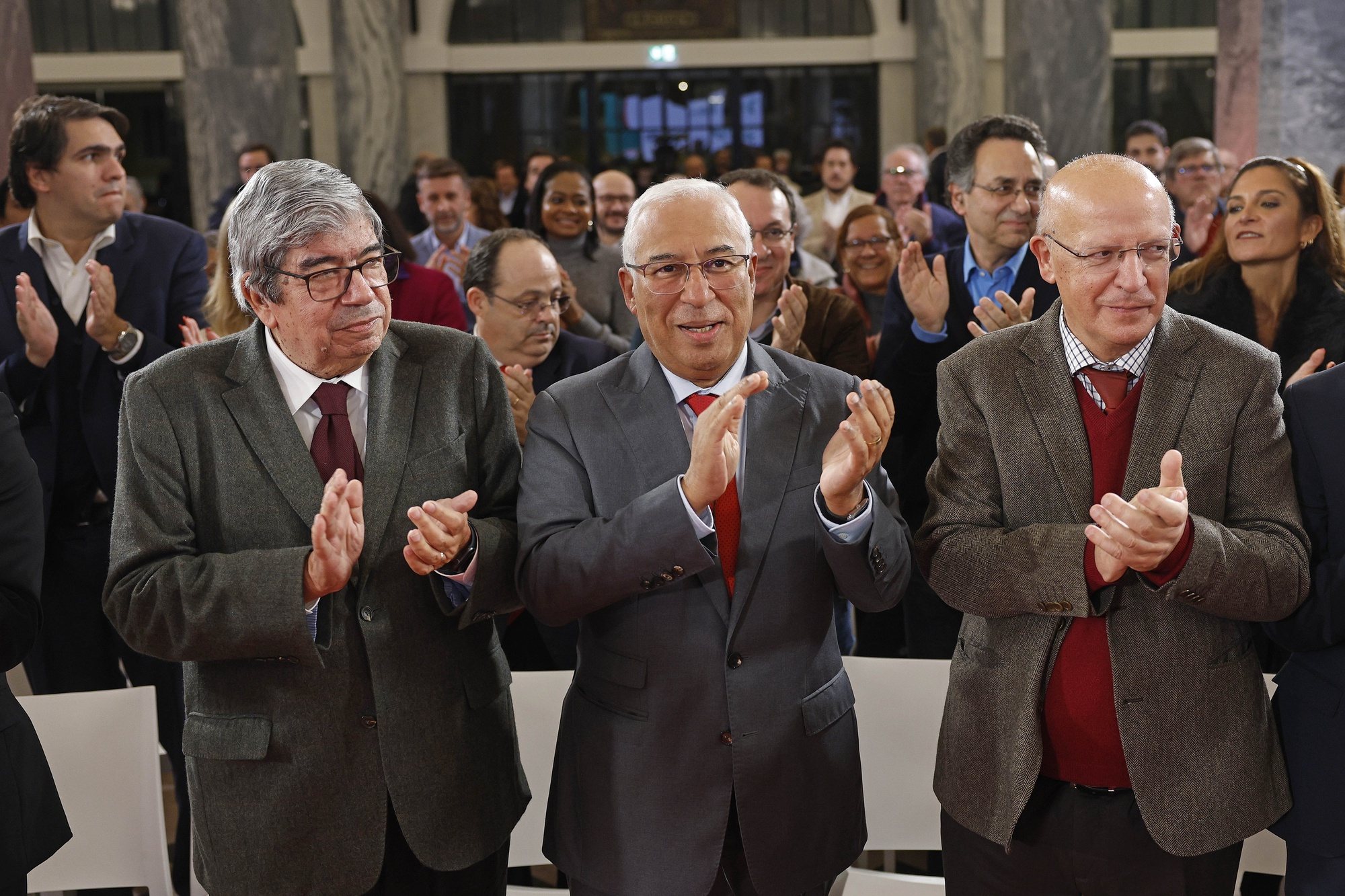
The President of the Government, António Costa, said this Saturday that there must continue to be an “Iberian exception” for gas prices even if a new European mechanism is created, because Portugal and Spain continue to be “an energy island”.
Portugal and Spain negotiated with Brussels an “Iberian mechanism” that set, since last June, a maximum price for the gas that companies buy to produce electricity, also known as the “Iberian solution”, and which will be in force until May of 2023.
“What we have to work on is renewing our mechanism,” said António Costa today, in Madrid, where he was Secretary General of the PS, at the 16th Congress of the Socialist International, stressing that, on average, electricity prices in the Iberian Peninsula they were 13% lower than they would have been without the application of this instrument, even in a context of drought, in which there was little hydroelectric production and the need to use more gas.
“At least up to now, the proposals that the European Commission has presented to limit the maximum price of gas are higher than the prices that we are achieving with the Iberian solution,” said Costa, adding that, however, and in addition, “there are a reality that has not yet changed” – the “very low integration rate in the European energy market” of the Iberian Peninsula, limited to 3% interconnection.
The official said that although Portugal and Spain reached an agreement with France for new gas pipelines between Portugal, Spain and France, “it will take years” until this new interconnection is up and running.
“Until then, we remain in the situation we are in, we remain a relative island in the European market and therefore it makes sense that we remain an exception to the European pricing mechanism,” he said.
The President of the Government and leader of the PS added that, on the other hand, the new European mechanism that will be created “is not necessarily an alternative to the Iberian solution, it can be complementary”, because the instrument that is being applied in Portugal and Spain only it works and has the desired impact (lower electricity prices) in countries with a high rate of energy from renewable sources and less dependent on gas to produce electricity.
On October 20, Portugal, Spain and France revealed that they had reached an agreement for the creation of a Green Energy Corridor, for the transport of energy, which provides for connections between Celorico da Beira and Zamora (CelZa) and between Barcelona and Marseille (BarMAr), destined for ‘green hydrogen’ in the future, but with capacity for gas in the immediate future.
António Costa said this Saturday that the three countries continue to work on the technical aspects of this agreement and reiterated that there will be a “new political meeting” on the subject in the Spanish city of Alicante, on December 9, at which the president of the European Commission, Ursula Von der Leyen.
The three countries have until December 15 to present the project to the European Commission, so that it can be financed with European funds, and Costa said today that the technical teams are working and “surely” a good solution will be found and carried out. Brussels. ”.
António Costa participated today in Madrid in a session on “European energy policy, the case of the Iberian Peninsula” at the XXVI Congress of the Socialist International, with the President of the Spanish Government and leader of the Socialist Party of Spain (PSOE), Pedro Sánchez .
Sánchez was elected this Friday as the new president of the Socialist International, an organization that brings together social democratic, socialist and labor parties from around the world, currently bringing together more than 130 political forces from all continents.
Source: Observadora